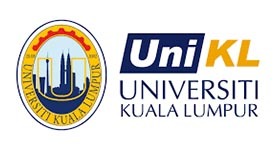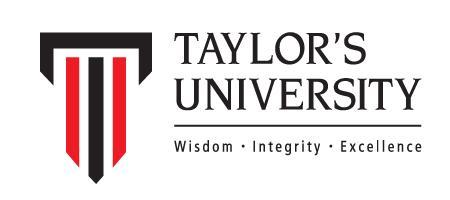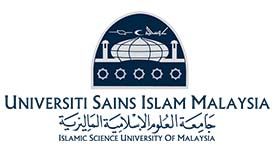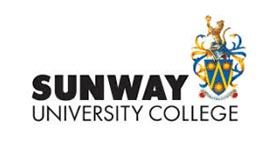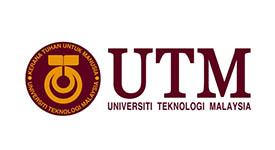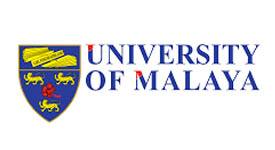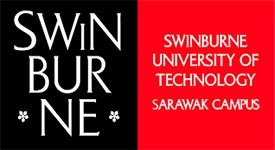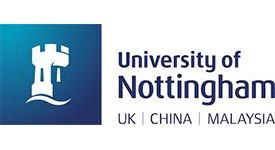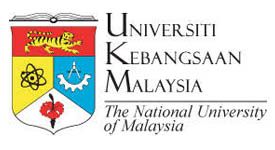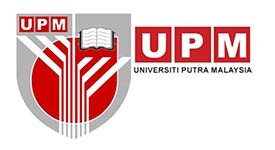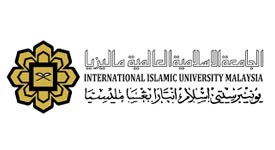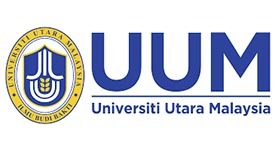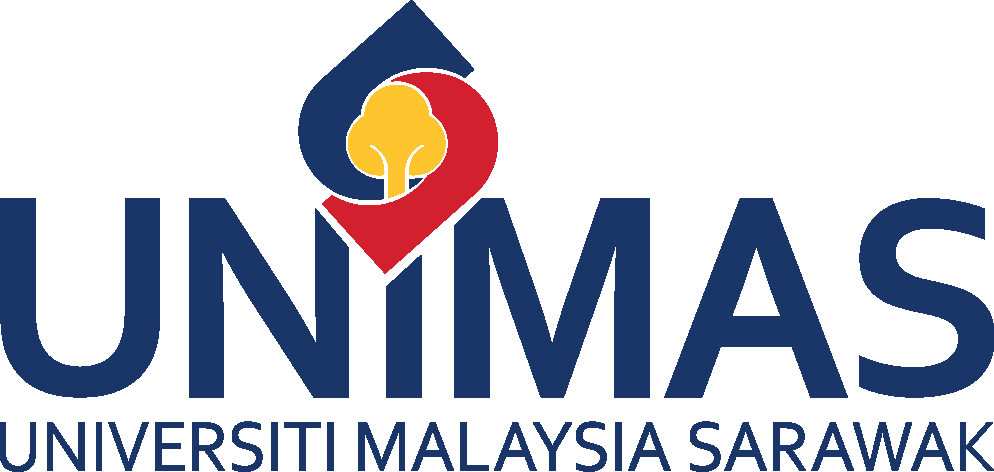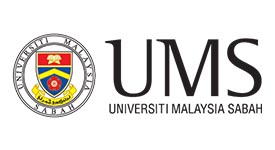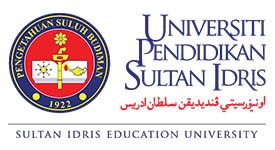Overview of Bachelor of Chemical Engineering Technology (Process) with Honours in Universiti Kuala Lumpur
Malaysia
The programme focuses on the design, operation and maintenance of chemical and material manufacturing processes. Chemical Engineers (Process) engineers intimately deal with the scaling up of chemical reactions or processes that are of importance to society. They must determine how to exploit the knowledge on chemical reaction to design and operate facilities and processes in order to produce commercial quantities of a product. Chemical engineering (Process) also involves developing new processes, project engineering and troubleshooting. They are found in a vast range of industries, such as the petrochemical, mineral processing, material, Information Technology, food and pharmaceutical and biotechnological industries. This branch of engineering is a challenging and rewarding profession for those who aspire to make their mark in, for example:
- protecting and improving the quality of our environment,
- reliably supplying precious energy to society,
- developing and manufacturing raw materials, chemicals and pharmaceutical products to sustain the quality of modern living, or
- the discovery of new materials through nanotechnology and life science for the betterment of society.
Programme Educational Objectives (PEOs)
UniKL graduates who are :
- PEO 1
UniKL graduates who are knowledgeable, competent and innovative which will contribute towards the requirement of the human capital in chemical and/or process engineering technology related industry.
- PEO 2
UniKL graduates who are effective leaders with teamworks, skills as well as verbal and non-verbal interpersonal communications skill;
- PEO 3
UniKL graduates who are committed towards the importance of lifelong learning and continuous improvements;
- PEO 4
UniKL graduates who are professional, ethical, and socially responsible; and
- PEO 5
UniKL graduates who are capable of embarking on business and technopreneurial activities.
Programme Learning Outcomes (PLOs)
Majors in chemical engineering will be able to:
- PLO 1
Knowledge: Apply knowledge of mathematics, science, engineering technology fundamentals and an engineering specialisation to defined and applied engineering procedures, processes, systems or methodologies in chemical and process engineering technology.
- PLO 2
Problem analysis: Identify, formulate, research literature and analyse broadly-defined chemical and process/food/ polymer/bioprocess/environment engineering technology problems reaching substantiated conclusions using analytical tools appropriate to their discipline or area of specialisation.
- PLO 3
Design/development of solutions: Design solutions for broadly-defined chemical and process/food/polymer/ bioprocess/environment engineering technology problems and contribute to the design of systems, components or processes to meet specified needs with appropriate consideration for public health and safety, cultural, societal, and environmental considerations.
- PLO 4
Investigation: Conduct investigations of broadly-defined problems; locate, search and select relevant data from codes, data bases and literature, design and conduct experiments to provide valid conclusions.
- PLO 5
Modern Tool Usage: Select and apply appropriate techniques, resources, and modern engineering and IT tools, including prediction and modelling, to broadly-defined engineering activities, with an understanding of the limitations.
- PLO 6
The Engineer and Society: Demonstrate understanding of the societal, health, safety, legal and cultural issues and the consequent responsibilities relevant to chemical and process/food/polymer/ bioprocess/environment engineering technology practice.
- PLO 7
Environment and Sustainability: Understand the impact of chemical and process/food/polymer/ bioprocess/environment engineering technology solutions in societal and environmental context and demonstrate knowledge of and need for sustainable development.
- PLO 8
Ethics: Understand and commit to professional ethics and responsibilities and norms of chemical and process/food/polymer/ bioprocess/environment engineering technology practice.
- PLO 9
Individual and Team Work: Function effectively as an individual, and as a member or leader in diverse technical teams.
- PLO 10
Communications: Communicate effectively on broadly- defined engineering activities with the engineering community and with society at large, by being able to comprehend and write effective reports and design documentation, make effective presentations, and give and receive clear instructions.
- PLO 11
Project Management and Finance: Demonstrate knowledge and understanding of engineering management principles, business practices, and technopreneurial competencies, as well as identify business opportunities, and apply these to one’s own work, as a member and leader in a team and to manage projects in multidisciplinary environments.
- PLO 12
Life Long Learning: Recognize the need for, and have the ability to engage in independent and life-long learning in specialist technologies
CAREER PROSPECTS
Students graduated with this degree are flexible and may ventures in many field as
Chemical Process Engineer, Process Safety Engineer, Control System Engineer & Manufacturing Process Engineer, Chemical Operation and many more.
What are career path of process graduates?
- Upstream processing
- Downstream processing
- Maintenance workforce
- Production and Process Workforce
- Research and Laboratory Workforce
Chemical Products :
- Petrochemical industry
- Biochemical and biomedical
- Polymer materials
- Renewable resources engineering
Consumer Products:
- Food and Nutritional Products
- Environmental engineering
- Process systems engineering
- Risk management
- Personal care products
Pharmaceutical Industry:
- Particle technology
- Gene Therapy
- Tissue Engineering
- Biological materials
